Many people find career transitions difficult. Unfortunately, in the fast-evolving modern workplace, such transitions are occurring more frequently than ever before. In this episode of the Squiggly Careers podcast, the founders of the award-winning career development company Amazing If, Helen Tupper and Sarah Ellis, discuss why career transitions are, so often, stressful experiences. Leveraging research and their own experiences, the pair also suggest three key actions which can help you manage these difficult periods with greater aplomb.
In today’s workplace, people are making transitions more frequently than ever before.
Even before the onset of the COVID-19 pandemic, many workers were – willingly or not – embracing more “squiggly” careers: shifting between roles, industries, locations or ways of working, rather than climbing a straightforward career ladder. These transitions may occur externally – as you move to a different company or start freelancing, for example – or internally, as you move to a new team or tackle a new role within your current organization. The global pandemic has brought new challenges to the world of work – and transitions. Working from home has changed the way many people do their jobs. Others have faced unexpected job losses. These sorts of transitions, unlike those you choose, are out of your control.
Whether you choose to transition or are forced to do so, the fact remains, transitions are difficult mentally, emotionally and from an organizational perspective. When Tupper became a working parent, she had to not only adapt practically to this change, she had to embrace new ways of thinking about...
Helen Tupper and Sarah Ellis are the founders of the award-winning career development company, Amazing If. They are co-hosts of the careers podcast, Squiggly Careers, which aims to improve people’s working lives.






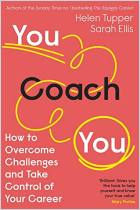

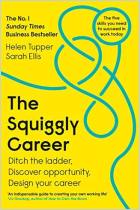

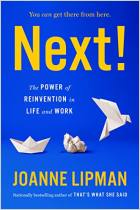
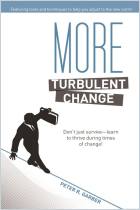
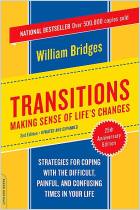
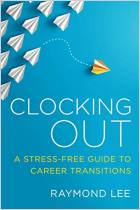
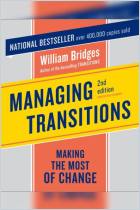



Comment on this summary